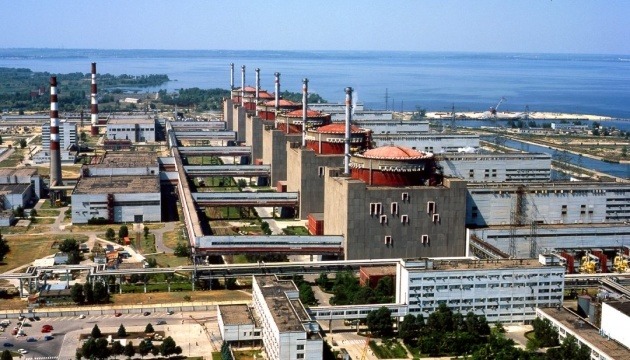Mr Rafael Mariano Grossi, Head of the International Atomic Energy Agency (IAEA), says the Zaporizhzhya Nuclear Power Plant (ZNPP) in Ukraine is now reconnected to its only back-up power line after four months.
Grossi, in a statement on Monday, however warned that the power situation at the site remained “highly vulnerable”.
“While the reconnection of the back-up power line is positive, the plant’s external power situation remains highly vulnerable, underlining the precarious nuclear safety and security situation at the site.’’
According to IAEA, the plant’s connection to the single remaining 330 kilovolt (kV) power line out of six that existed before Russia’s full-scale invasion in February 2022 was restored on Saturday.
The connection had been cut on March 1 due to damage sustained on the other side of the Dnipro River.
The four-month-long effort to restore the connection reflects the challenging security situation in the region.
The ZNPP had been relying solely on a single main 750 kV power line for essential functions like reactor cooling and nuclear safety since the conflict began.
Prior to Russia’s military invasion of Ukraine, the plant had four such power lines.
The newly energised 330 kV line will serve as a backup and will be available to supply power to the ZNPP in case the main line becomes unavailable or damaged.
Since February 2022, the plant has experienced seven instances of complete power loss from external sources, compelling temporary reliance on emergency diesel generators for electricity, according to IAEA.
No mines or explosive devices have been detected around the plant by a team of agency experts, Grossi had announced on Friday.
He said the IAEA inspection team had also noted that the plant had the reserves of water available for use despite the destruction of the downstream Kakovka dam more than three weeks ago.
The inspection was spurred by reports that mines and other explosives had been placed in and around the plant, including mines near the cooling pond, Grossi said, adding that IAEA takes such reports very seriously.
“I have instructed our experts at the site to look into this matter and request the access they need for doing their job.
“Until now they have not observed any mines or other explosives. Further access will still be needed,” he said.









